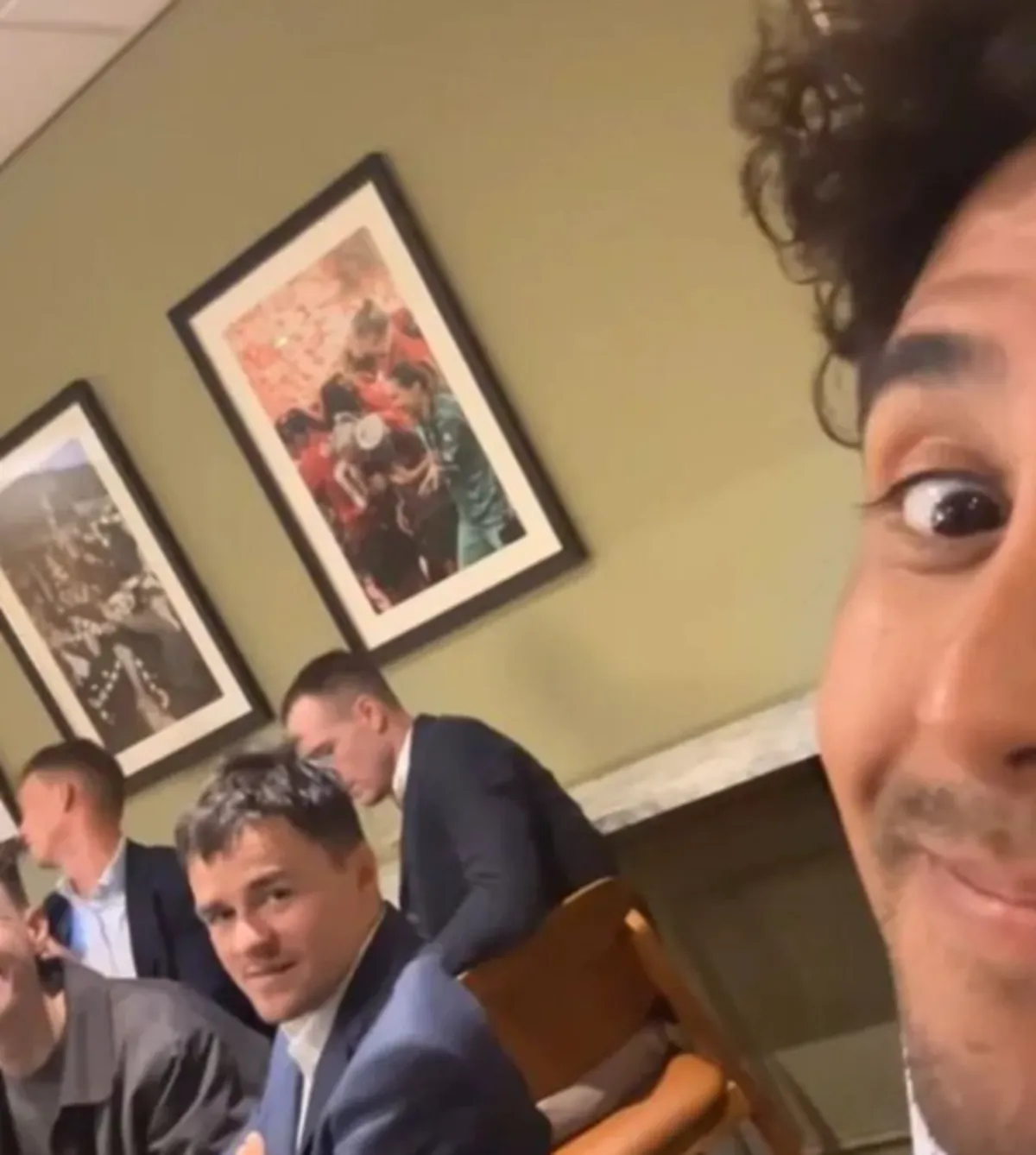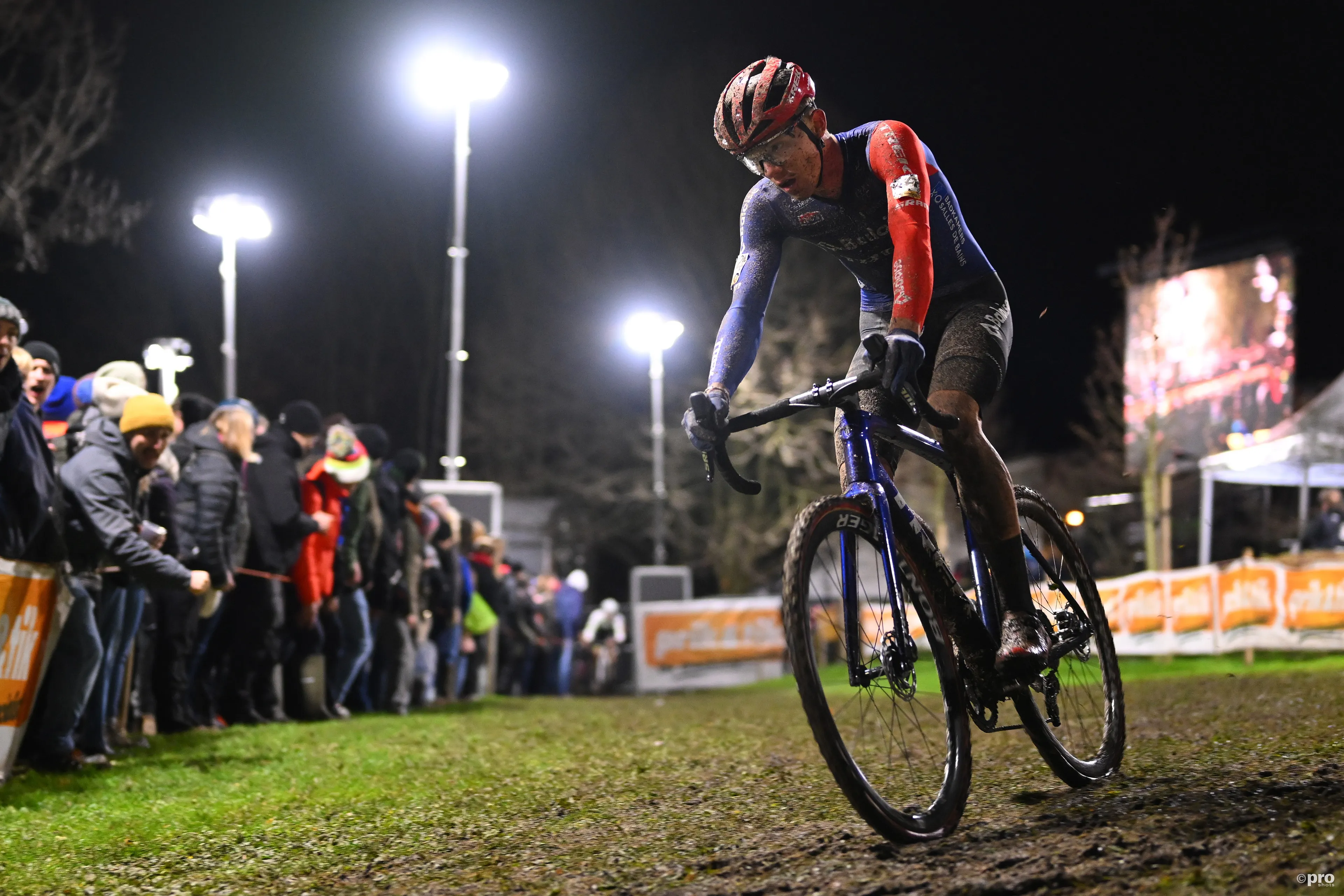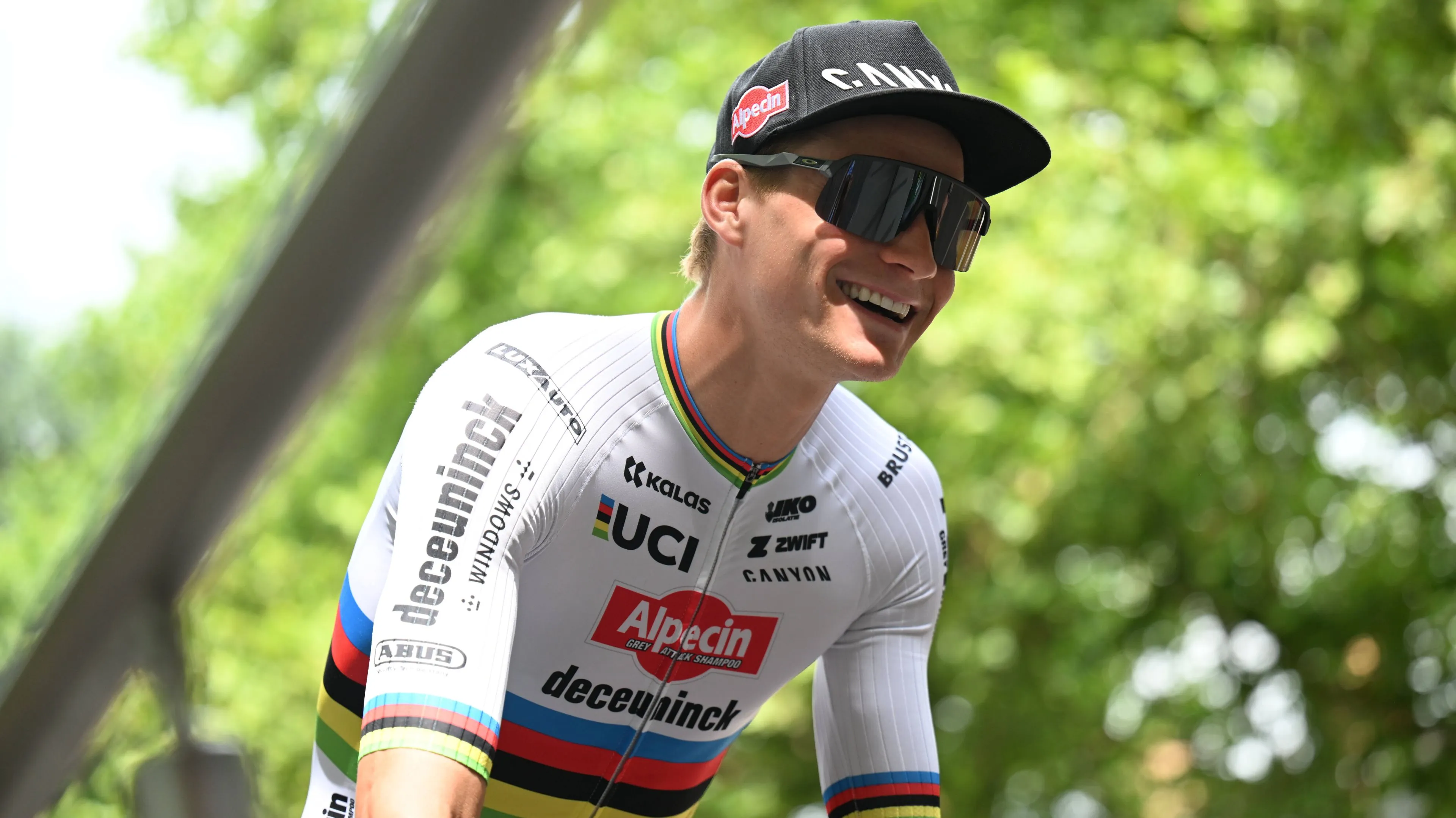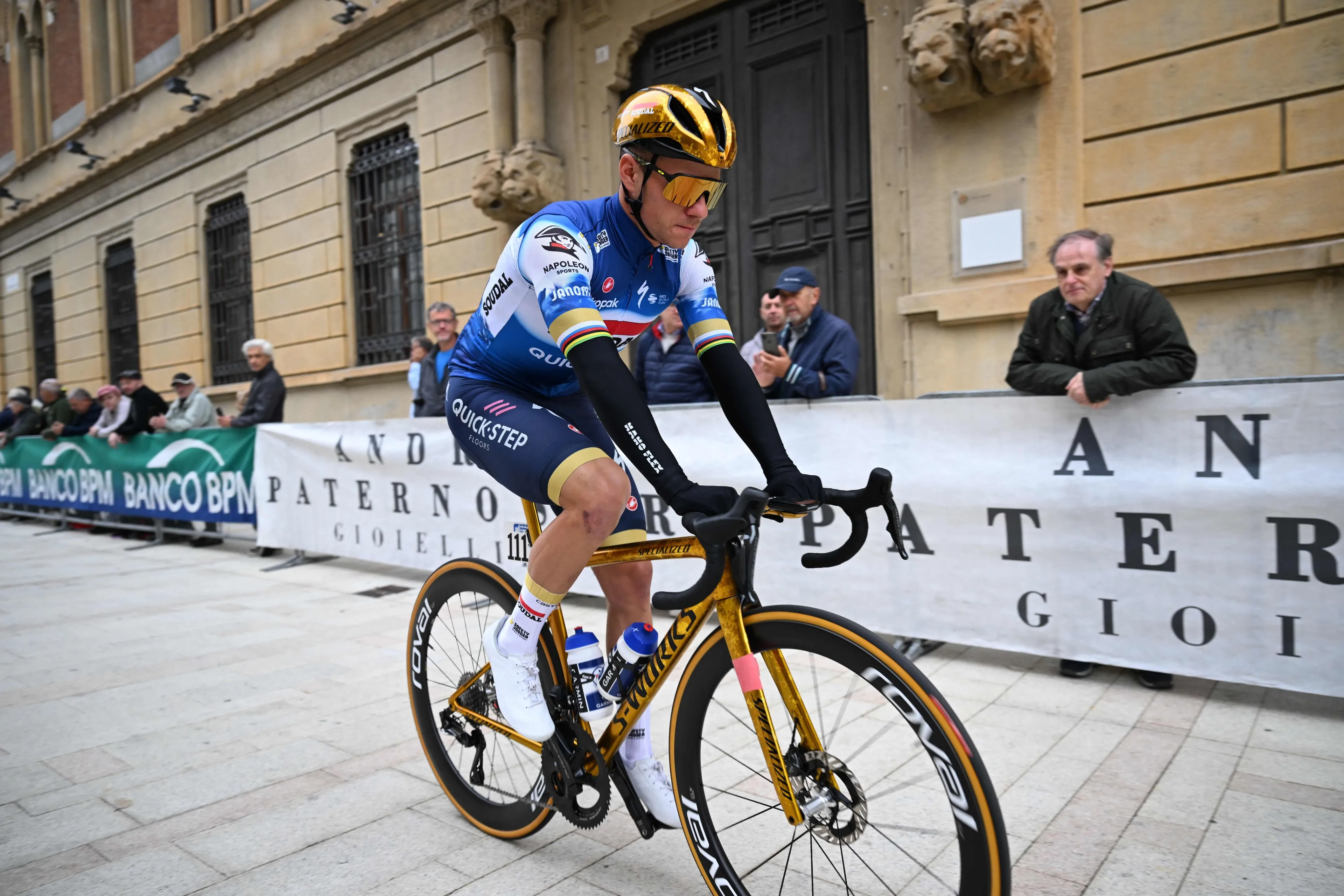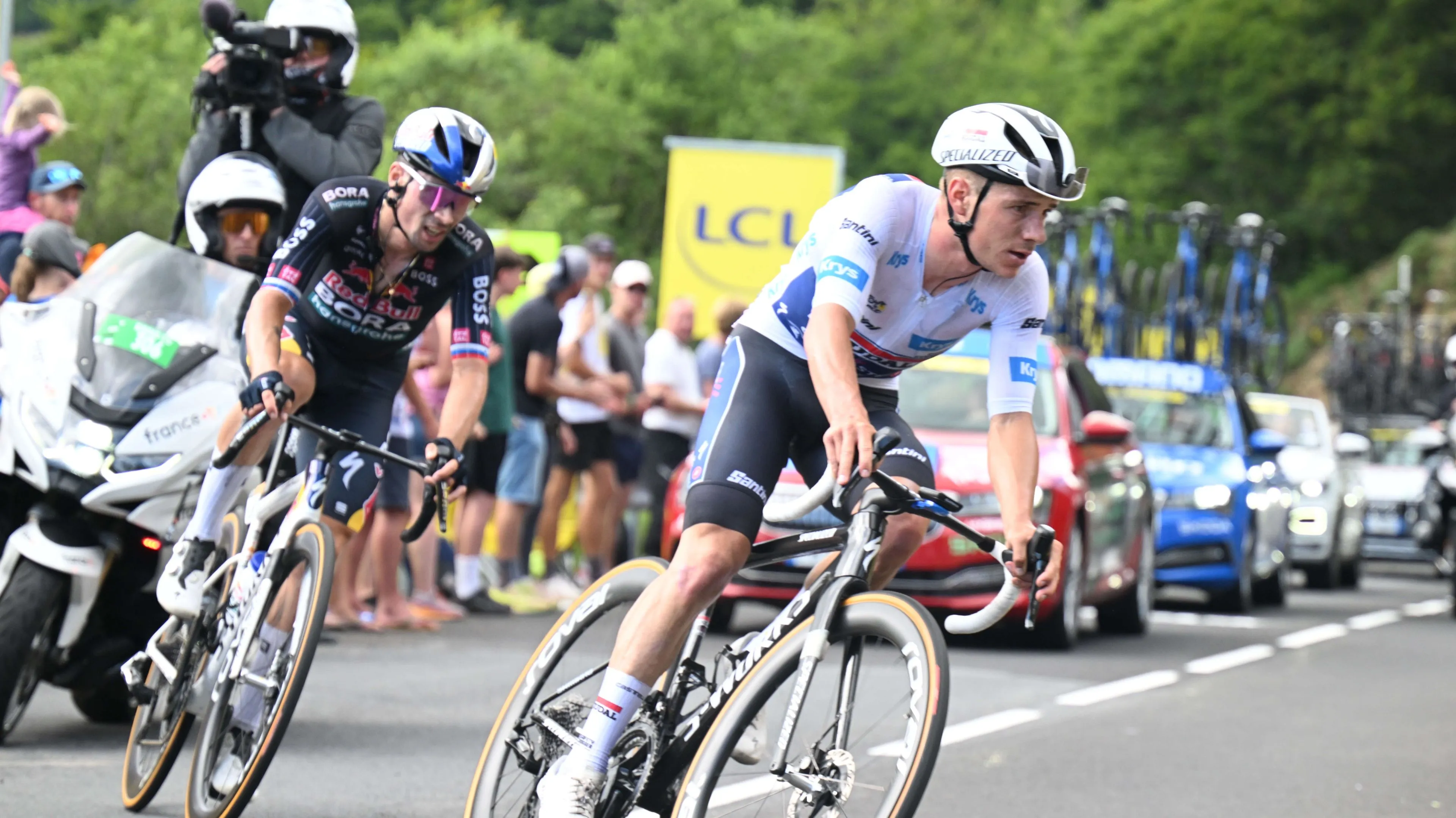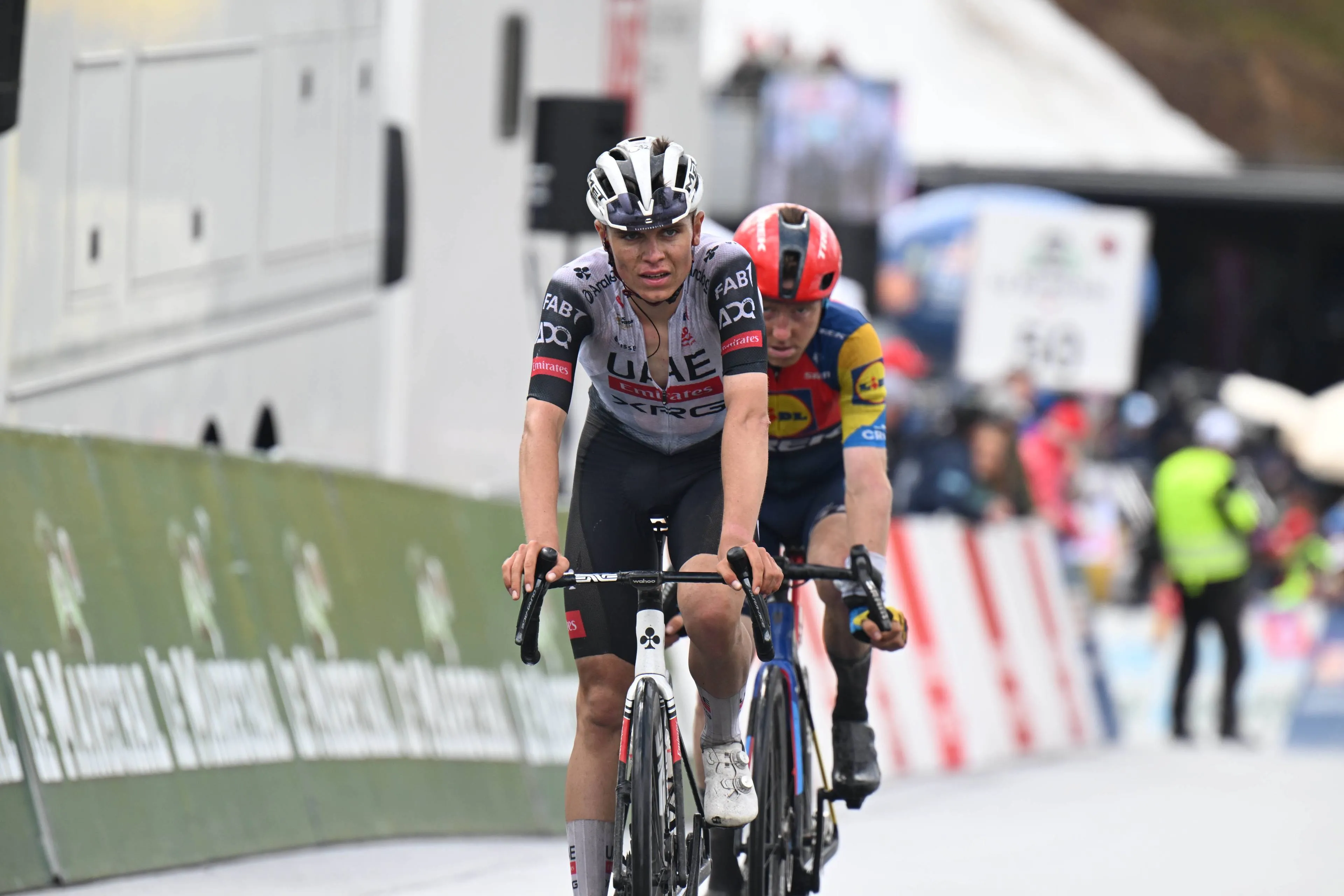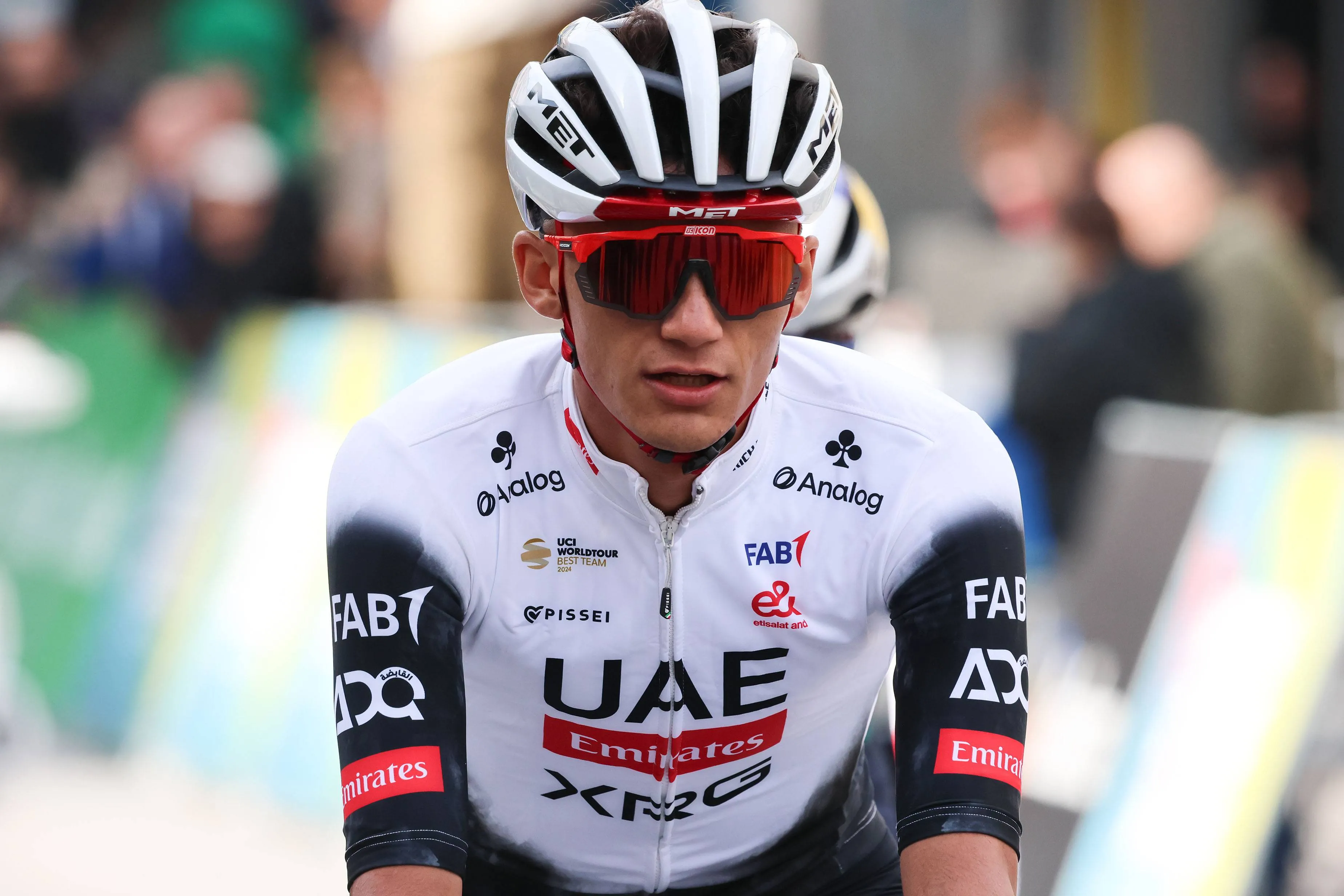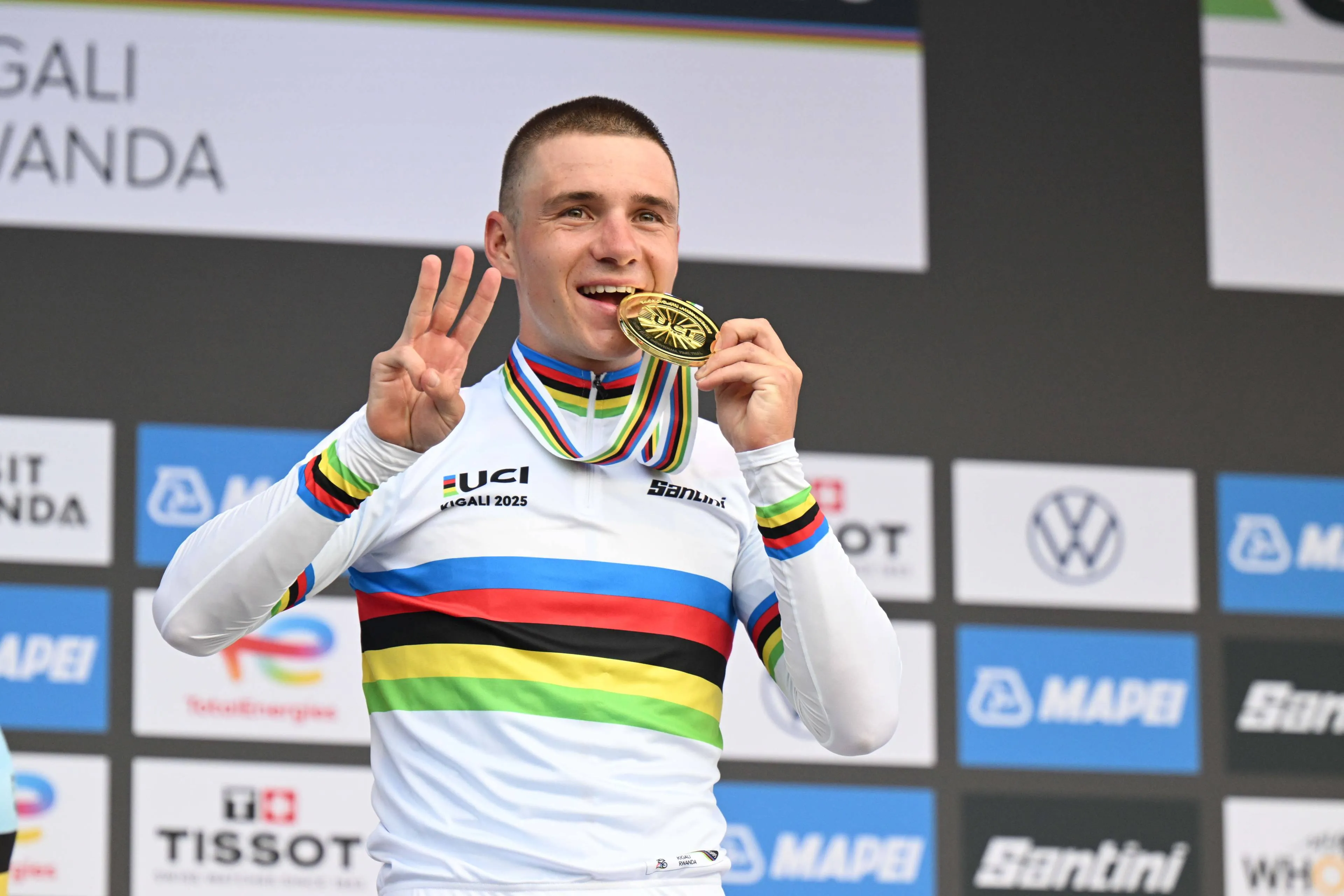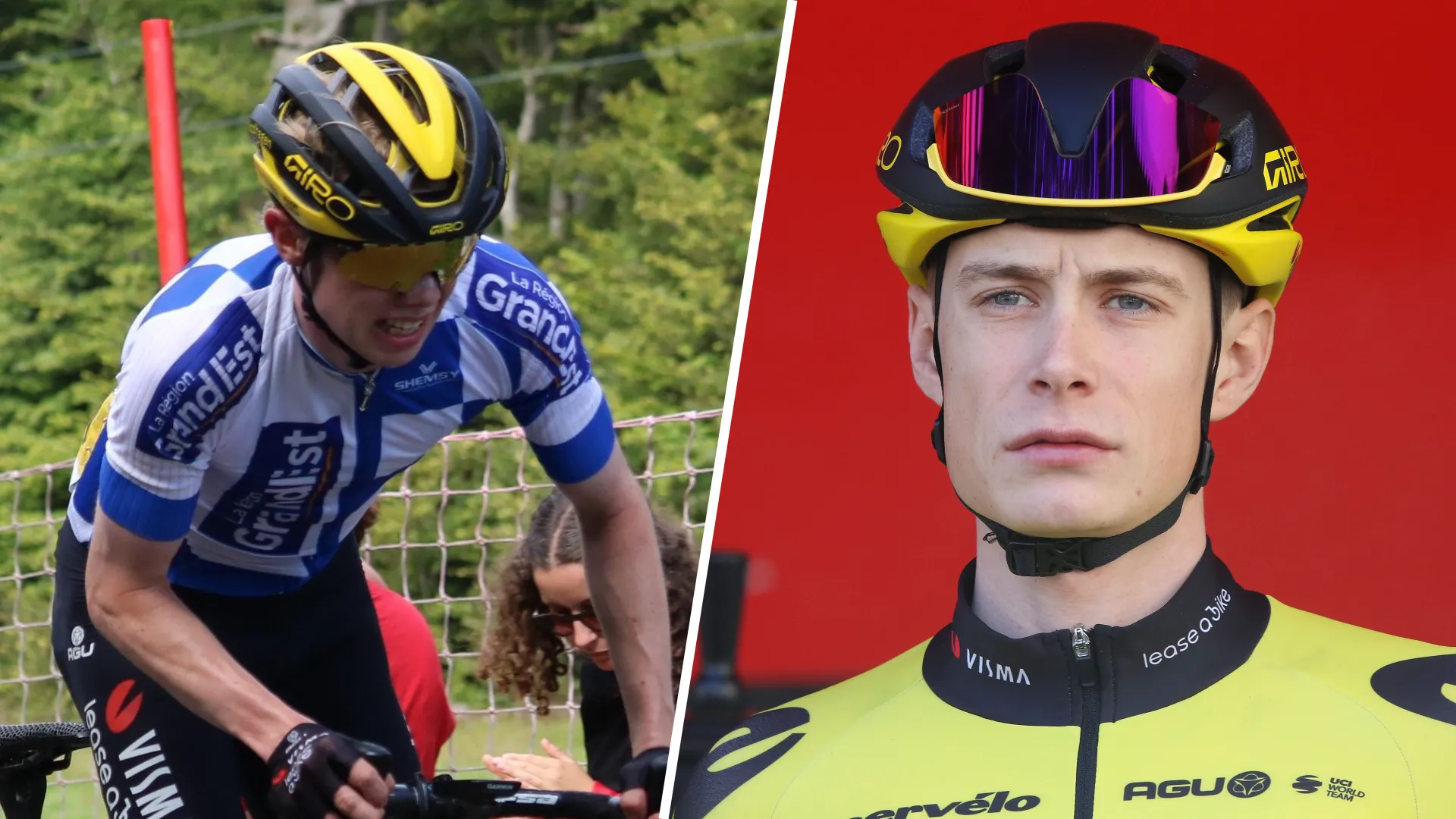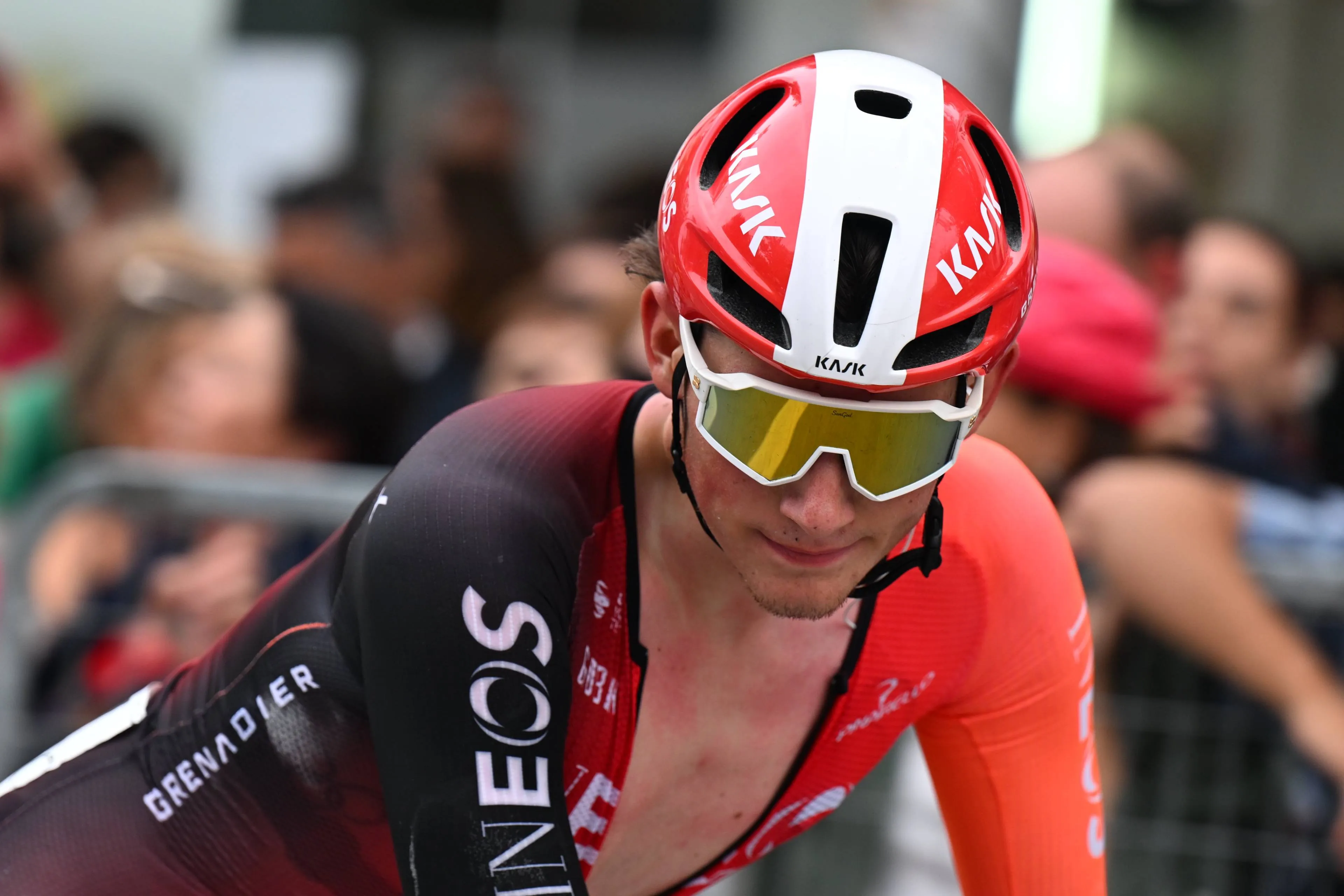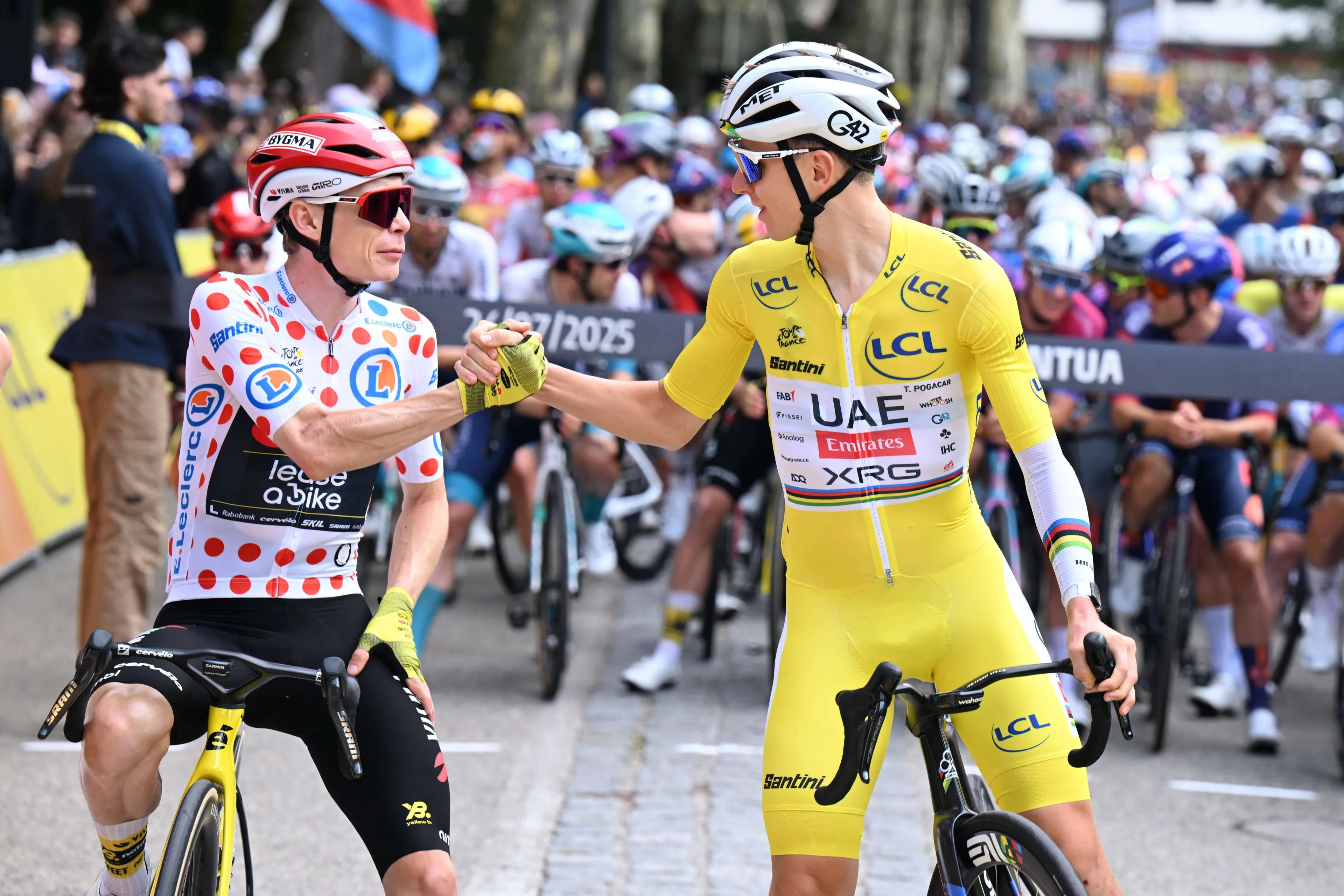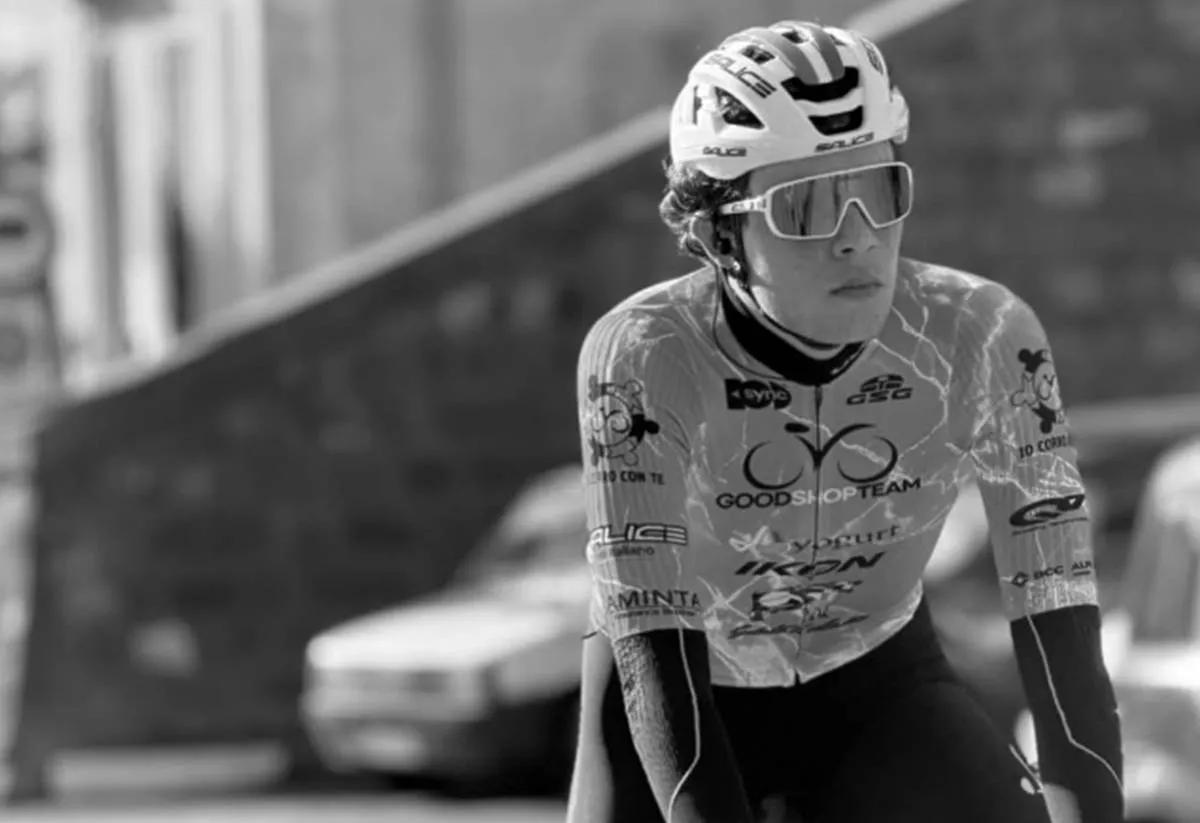"I've never seen a cyclist with a box of drugs like the ones he showed" - Vicente Belda on the 2000's wild Kelme case
CyclingTuesday, 05 November 2024 at 11:10
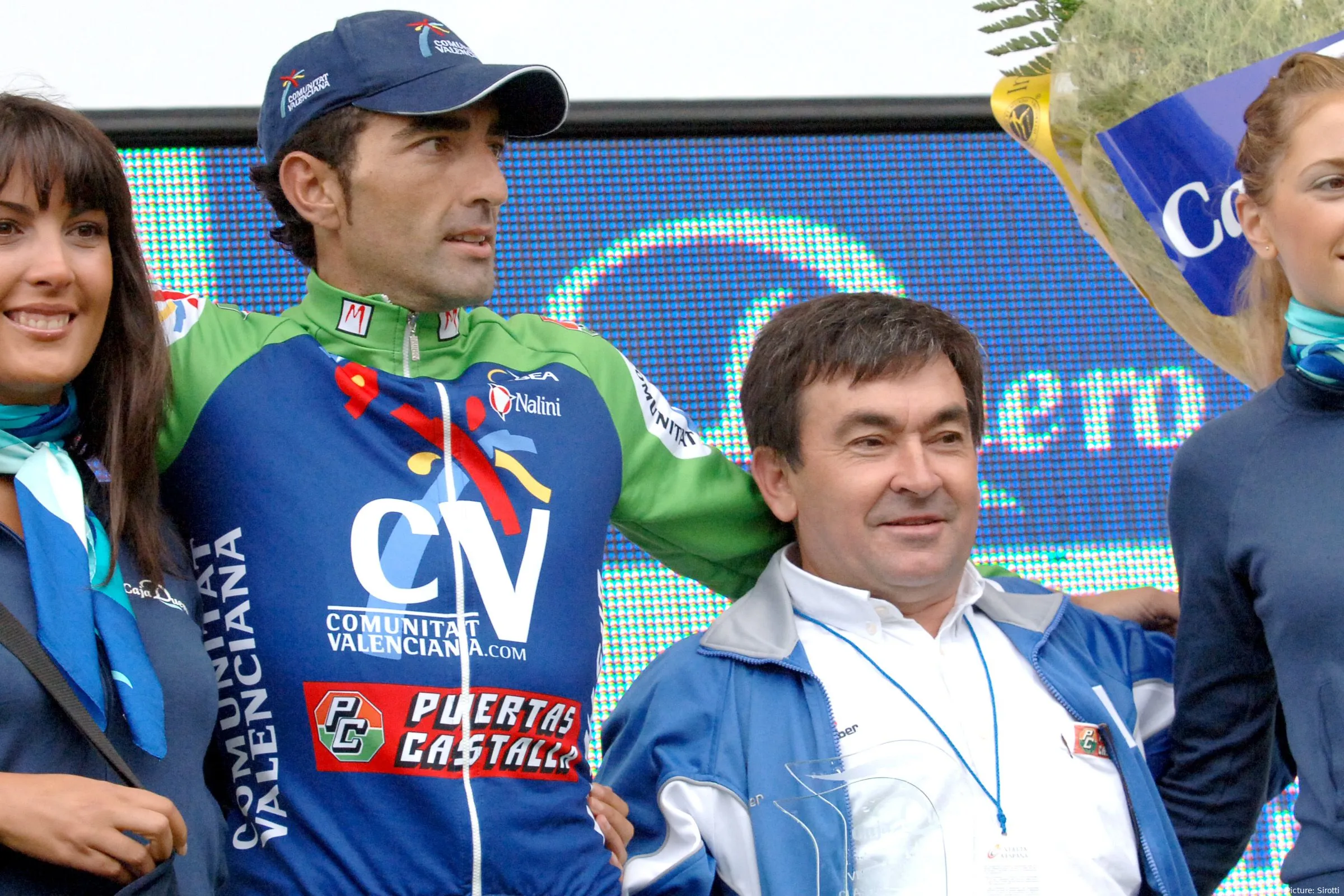
Vicente Belda was once one of the most respected sports directors in international cycling, leading a Kelme team that made history at the beginning of the century. However, everything went wrong for him when he was involved in two doping-related issues that ended his career: the Jesús Manzano articles and the Operation Puerto.
The Valencian has just published his autobiography, 'Vicente Belda. The climb of my life', in which he tries to prove his innocence regarding the doping cases that ended his Kelme, as well as reviewing his career as a cyclist and talking about the discovery of Colombian cyclists such as Nairo Quintana and Miguel Angel Lopez.
Read also
In an extensive interview with Nacho Labarga in Marca, Vicente explains in detail his point of view on the Jesús Manzano case, a cyclist who was fired by Kelme at the end of 2003 and who in March 2004 revealed in the newspaper AS the doping system followed by the Valencian squad with its then doctor, Eufemiano Fuentes, at the head.
Manzano spoke in those interviews about blood transfusions, EPO, HGC Lepori or Andriol. He also talked about the place where the tests were performed, that famous room 101 of the Hotel Aida in Torrejón de Ardoz.
Jesús Manzano
Vicente Belda tells how he found out about Jesús Manzano. He says that the cyclist had first tried to give the information in Marca, and from there he found out before it happened in AS:
"The truth is that it is a blow because they don't give the opportunity to the other party either. I remember that it was in March 2004 when all that serial appeared, that Manzano sold it for money. I called Manzano to see what was going on, and he told me that we were going to go to run, that he already had everything arranged and fixed".
Read also
He explains that he contacted the relevant authorities to prove that they were innocent and that there was no doping in the team:
"The first thing I did, for people to know, was to make all the cyclists of the team available to the authorities, so that they could make any kind of analysis and see that we were racing with the conditions we should be racing in. They did not come, they continued to pass the normal controls and the team did not drop in performance".
He argues that after the complaint Kelme's results in 2004 continued to be good, something that, according to him, would prove his innocence: "The first thing they might think is that if we had cut off the tap, we were no longer going to win races, but it was the other way around because we continued to win more races. That was never taken into account."
Read also
As explained previously, Manzano was fired from Kelme at the end of 2003. Belda's explanation of the event is curious, in which he even hints that he might have a mistress in his room:
"At night, the doctor tells us there is something wrong. I don't know what's wrong, she doesn't open the door. In the afternoon, the girlfriend and a friend came asking where Jesus was. In other words, it was a very turbulent and strange day. Around 11 p.m., the manager and I went up to the room, he opened the door and we found a lady who was not his partner. We decided that the next day he was not going to run, which is the logical thing to do, and he said he didn't care, that what he wanted was to leave Kelme."
As to why he denounced, Belda believes it was "revenge". He also speaks of a strange box of medicines:
"I think that out of revenge or whatever he came up with the whole story that they then published. I tell you the truth, I've never seen a cyclist with a box of drugs like the ones he showed."
It must be said that Manzano denounced the facts, but a formal investigation was never opened (it must be taken into account that doping was not a crime under current Spanish legislation). However, in the summary of the subsequent Operation Puerto, credibility is given to what Manzano told in his articles in AS.
Read also
Operation Puerto
Thus, in 2006, Operation Puerto meant the end of Vicente Belda as sports director. It was an operation that sought to dismantle a doping network that was led by Dr. Eufemiano Fuentes and in which there were not only cyclists (also soccer players, tennis players and athletes). However, the summary only ended up including cyclists. Vicente Belda believes that it was a political campaign (Kelme was sponsored by the Comunitat Valenciana, led by the PP at that time).
This is how the former sports director recalls what happened in Marca:
"When people see me or talk to me, they relate to me because of two things, either because of the successes I have achieved or because of Operation Puerto. The first thing that comes to them is Operation Puerto. I think a lot of people have always wondered why a few were in Operation Puerto and not others. For me it was a very political judgment".
Read also
Belda does not understand why some were in the summary and others were not. Why he and Manolo Saiz ended up being the most affected:
"Why am I not appearing in the summary and others who appear in the summary are not charged? Why are there some cyclists who worked with Eufemiano when they were in other teams and are attributed to Manolo Saiz? We offered the blood samples of the 22 cyclists taken in a laboratory, accredited by the UCI and before a notary. We send some DNA samples to the Federation and others to the Consejo Superior de Deportes for analysis. The Federation sends the samples back to us, and the CSD... Do you know anything? Neither do I. What other cyclists offered DNA? None.
And he gives his theory with the political issue in the background:
"The only thing there are the work folders of the trainer Ignacio Labarta, who obviously has them. Why? Was it because we were from the opposite political side, from the PP of the Valencian Community? Or because they needed sound names? Why are others who were politically left-wing or friends not there? That is the million-dollar question".
Read also
claps 1visitors 1
Just in
Popular news
Latest comments
- Visma lease a bike have some problems... it's gonna be an interesting year 🤷
 leedorney16-02-2026
leedorney16-02-2026 - I can't see what the problem is, he was moving across to get the wheel and van Gils couldn't handle his bike and he didn't brake and so disbalanced into the barriers 🤷 - yes it was subsequently a bad move as van Gils ended up in the barriers, theirs been worse in the tdf.. and it's been ignored! How time change.. 😁
 leedorney16-02-2026
leedorney16-02-2026 - Pretty sure Del Toro is a North American.awp16-02-2026
- the big boys have come out to play and now Remco has to pay attention and racemij16-02-2026
- That was a nasty move, and he was rightly disqualified for that.
 santiagobenites16-02-2026
santiagobenites16-02-2026 - Another genarational talent. How long will it be till he gets a crack at GC on the Tour?Cyclingsbestfan16-02-2026
- That ‘late crash for Van Gils” happened when Christen squeezed him into the barriers in the final sprint! Did you even see the race?JustDave16-02-2026
- Where's the national jersey?antipodeanpedalfan16-02-2026
- Pog has been flooring it most of the winter, big ride Xmas day, col de rates kom etc.. he is the man to beat! Least Tom was the only guy to hold the wheel last year 💪
 leedorney16-02-2026
leedorney16-02-2026 - Methinks the lady doth protest too much.antipodeanpedalfan16-02-2026
Loading
Write a comment
